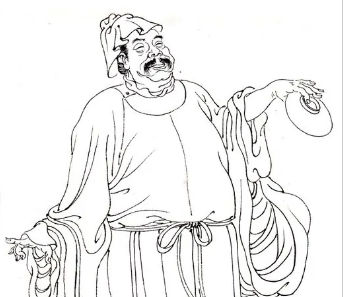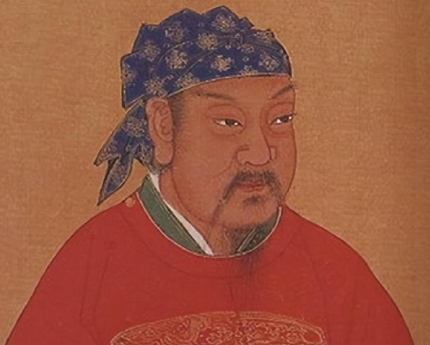When studying the history of the Ming Dynasty, we often hear the saying "The emperor guards the capital". However, is this really the ancestral precept of the Ming Dynasty? This article will guide you to explore the origin and authenticity of this statement.

I. Origin of "The emperor guards the capital"
The saying "The emperor guards the capital" did not originate from official documents or ancestral precepts of the Ming Dynasty. In fact, it mainly stemmed from the interpretation of Ming Dynasty history by later historians. This saying emerged to emphasize the importance of the Ming emperor's attention to national defense and their determination to defend the country.
II. Content of Ming Dynasty Ancestral Precepts
The ancestral precepts of the Ming Dynasty are mainly recorded in the book "Imperial Precepts of the Ming Dynasty". This book was personally formulated by Emperor Zhu Yuanzhang, the founding emperor of the Ming Dynasty, and stipulated the moral norms and governance principles that Ming emperors should follow. The saying "The emperor guards the capital" is not mentioned in "Imperial Precepts of the Ming Dynasty".
III. Ming Dynasty Emperors and National Defense
Although "The emperor guards the capital" is not a part of the Ming Dynasty's ancestral precepts, Ming emperors did attach great importance to national defense. For example, during the reign of Emperor Chengzu Zhu Di, he personally led troops to resist foreign invasions, demonstrating a strong sense of national defense. In addition, the Ming Dynasty also established a large army and a rigorous border defense system to ensure national security.
IV. Conclusion
In summary, "The emperor guards the capital" is not a part of the Ming Dynasty's ancestral precepts. However, Ming emperors did demonstrate a high level of attention to national defense in their practical actions. When exploring historical truths, we should maintain a rational and objective attitude and avoid being misled. At the same time, we can learn valuable lessons from the Ming emperors' concept of national defense to safeguard national security and maintain national dignity.
Disclaimer: The above content is sourced from the internet and the copyright belongs to the original author. If there is any infringement of your original copyright, please inform us and we will delete the relevant content as soon as possible.































